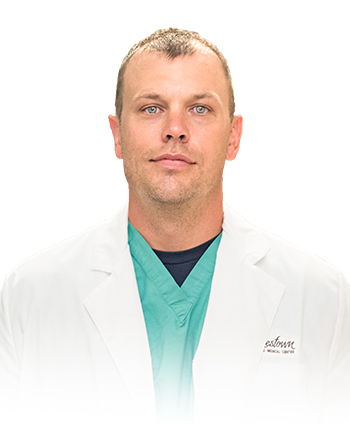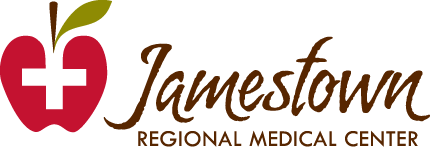Editor’s note: Dr. Steve Inglish, Emergency Medicine Physician at Jamestown Regional Medical Center, shares information on the novel coronavirus (COVID-19). He joined JRMC in 2018.
In 2003, I was a young 21-year-old sergeant in an Infantry Unit out of Ft. Lewis, Wash. I served as a rifle team leader. We were sent to Iraq during the early part of Operation Iraqi Freedom (OIF). I will never forget the night before we crossed the border into Iraq. There were so many unknowns and so much uncertainty that caused fear and anxiety throughout the unit. That night, we had a meeting with our platoon sergeant, someone for whom I had a tremendous amount of respect. A true leader. He told us about how scared he was about the next day and how he believed that it was normal and that the fear we were experiencing was a good thing. That it would keep us honest.
In the last couple of weeks, I have been thinking about that discussion. Thinking about the unknowns and uncertainty that constantly surround us. About the fear I am experiencing right now. Thinking:
- When will we have our first positive patient?
- Will I get sick?
- How will I support my family if I get sick?
- If I do get sick, how bad will it be?
- Will I get my family sick?

I’m guessing many of you have the same questions and probably many more. Unfortunately, we don’t have the answers. Right now all we can do is wait, wait for the answers. As we wait, fear and anxiety continue to grow. Something my platoon sergeant didn’t discuss is the difference between “good fear and bad fear”.
Good fear: Fear that drives to action and motivates us to do the right thing for the good of the team.
Bad fear: Fear that breeds dissent. Fear that leads to irrational decisions.
As we are awaiting the surge, I feel that we are starting down the road of bad fear. In the next couple of weeks, we will have our first positive case. We will likely enter our surge. We will be tired and hungry. We will have very little rest. We will likely run out of personal protective equipment (PPE). We will rely on each other to get through the day, week and month. We will look at each other as family. But, until then we need to stick together.
We cannot enter this war as a broken unit. Then we will surely lose.
Until we enter the battle and when we do, I will be on the front lines with you.
Fighting this war against an invisible enemy. I will show up to each and every one of my shifts until I get sick. When I get better, I will be back doing the same.
—Steve Inglish, MD

